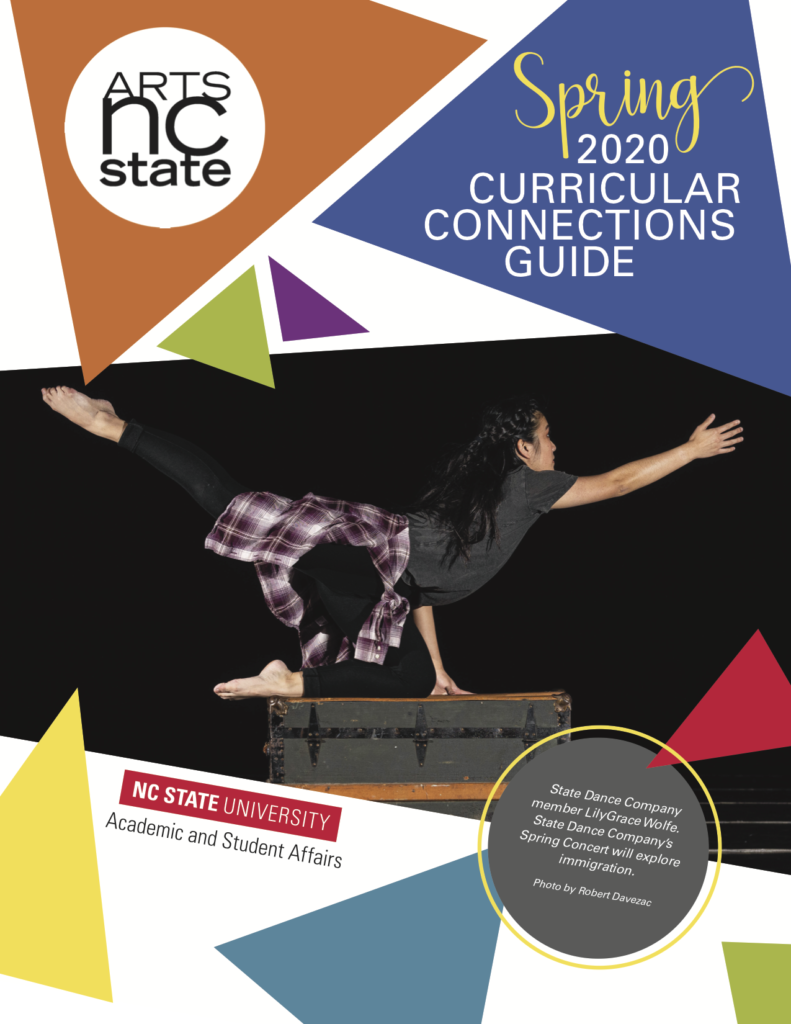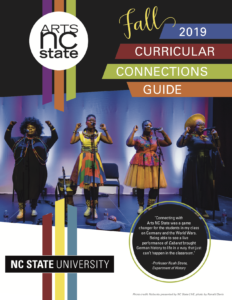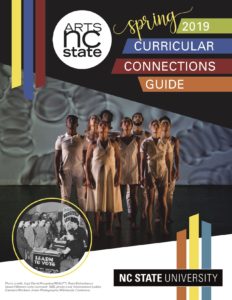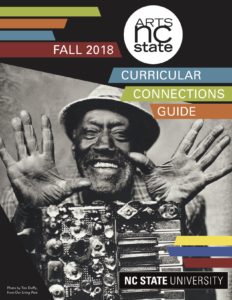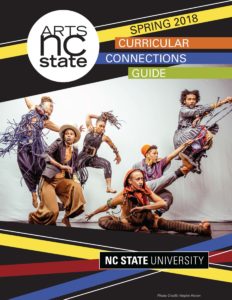The Curricular Connections Guide: Connecting NC State courses with the arts
Through our Curricular Connections Guide (CCG) tool, we’ve made it easy for you to connect the academic courses you teach with events offered through NC State’s art programs, including performances, art exhibitions, music concerts, art making workshops, and theatre productions. Browse the arts programs and corresponding thematic and course connections below, and contact Amy Sawyers-Williams with any engagement ideas or questions: acsawyer@ncsu.edu.
Stay tuned for fall 2024 offerings…
How to Engage
There are numerous ways you and your students can engage the arts and Arts NC State, including:
- Attending a performance
- Participating in pre or post-concert discussions
- Scheduling in-class workshops with arts faculty or visiting artists
- Using a performance to enhance your classroom discussion
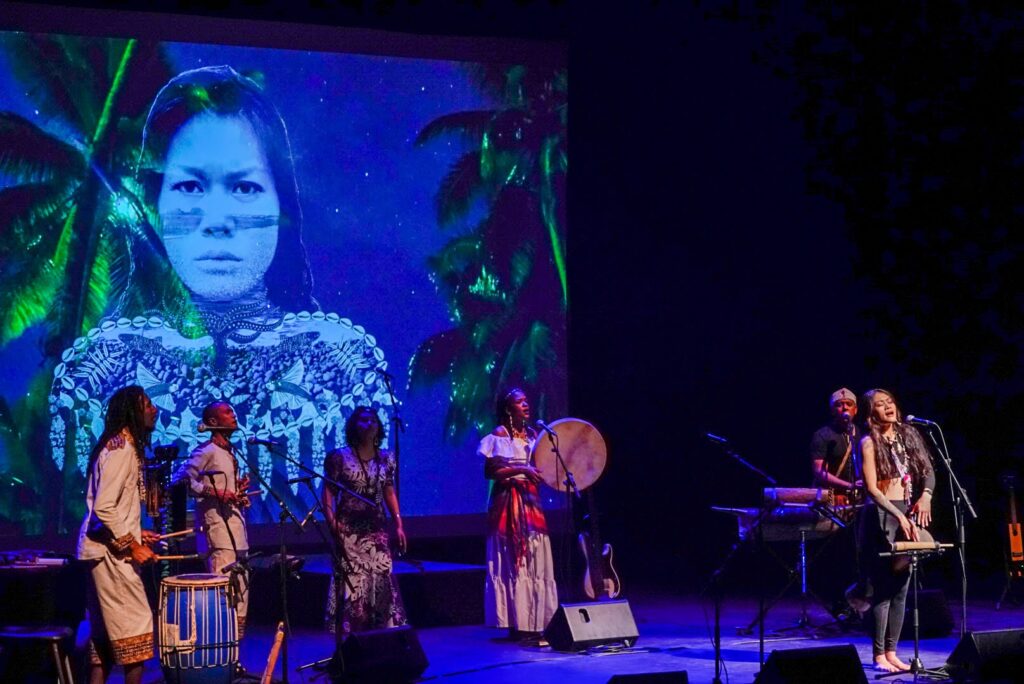
Connections in anthropology, Africana Studies, climate science, environmental science, music history, global music, indiginous studies, women’s and gender studies, community-based art practices and more…
Connections in literature, contemporaray history, political & moral philosophy, race relations in America and more…
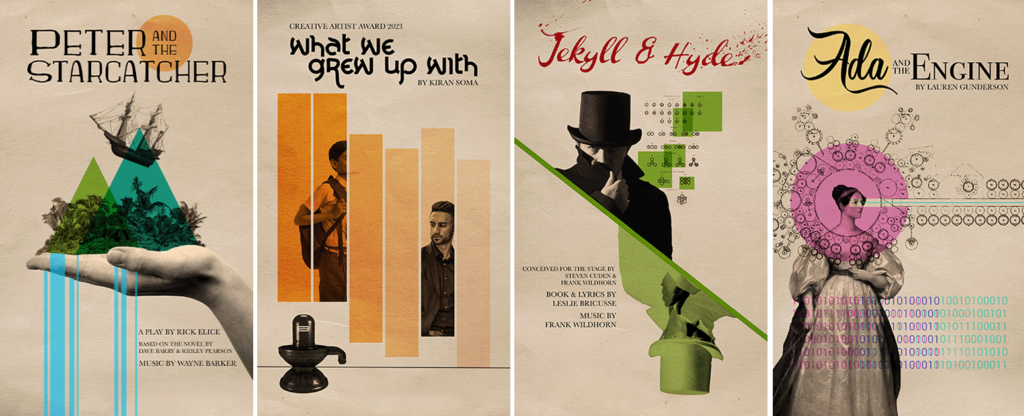
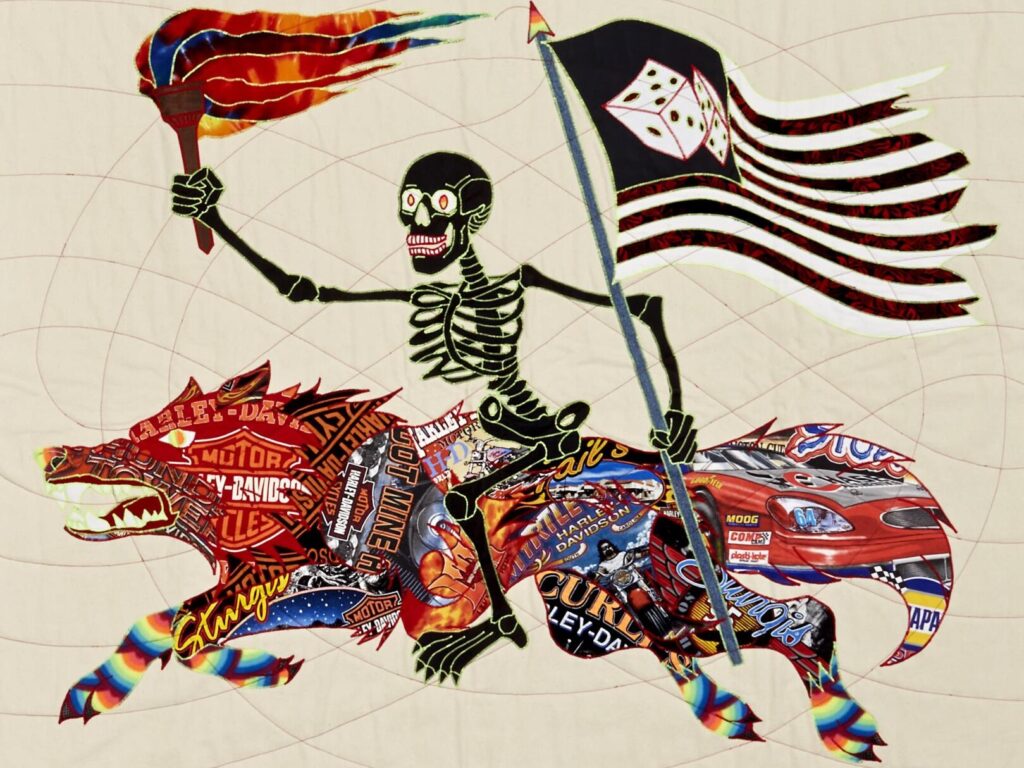
Connections in anthropology, pop culture, design, history, creative writing, physics, religion, sociology and more…
Department of Performing Arts and Technology (Dance and Music)
Connections in anthropology, applied ecology, communication, history, urban ecology and more…
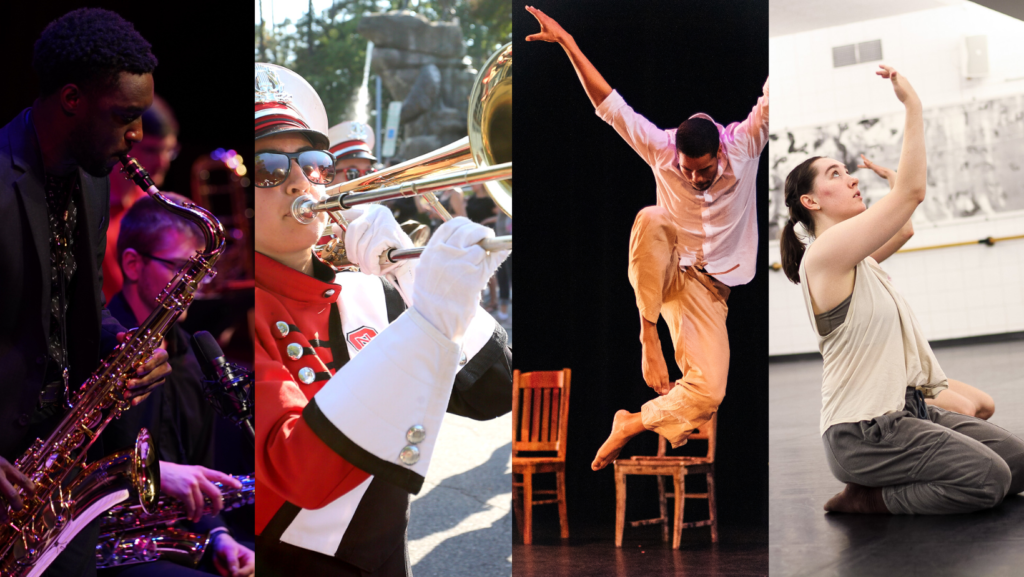
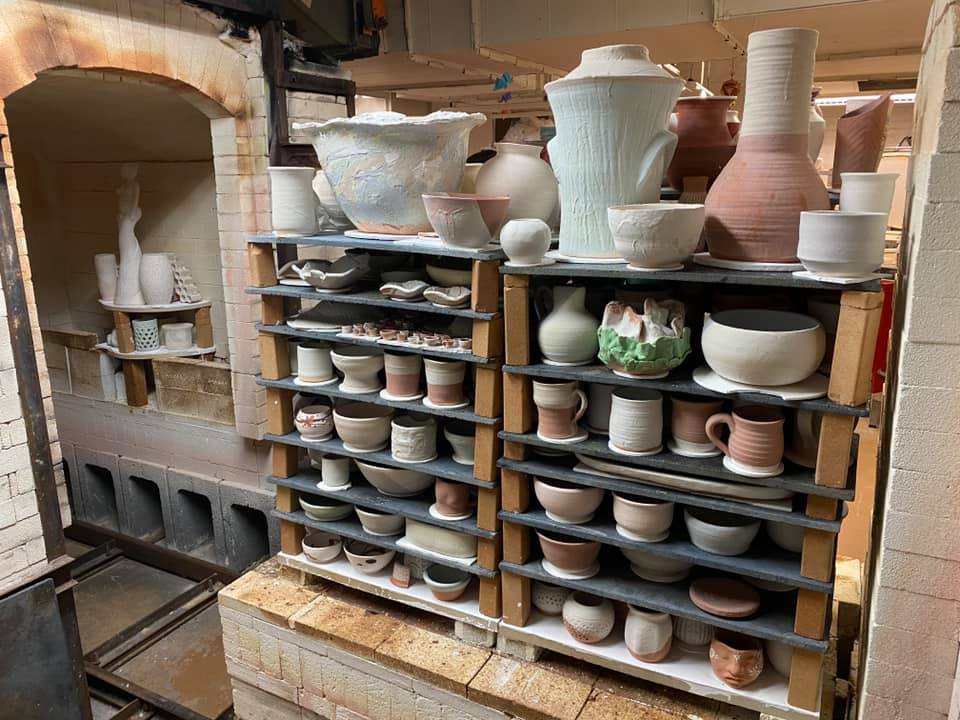
Connections in art history, creative writing, engineering and more…
Improvisation and arts integration workshops for your course
Connections in all disciplines, especially leadership development.
Image from Women’s Center leadership development workshop in 2019
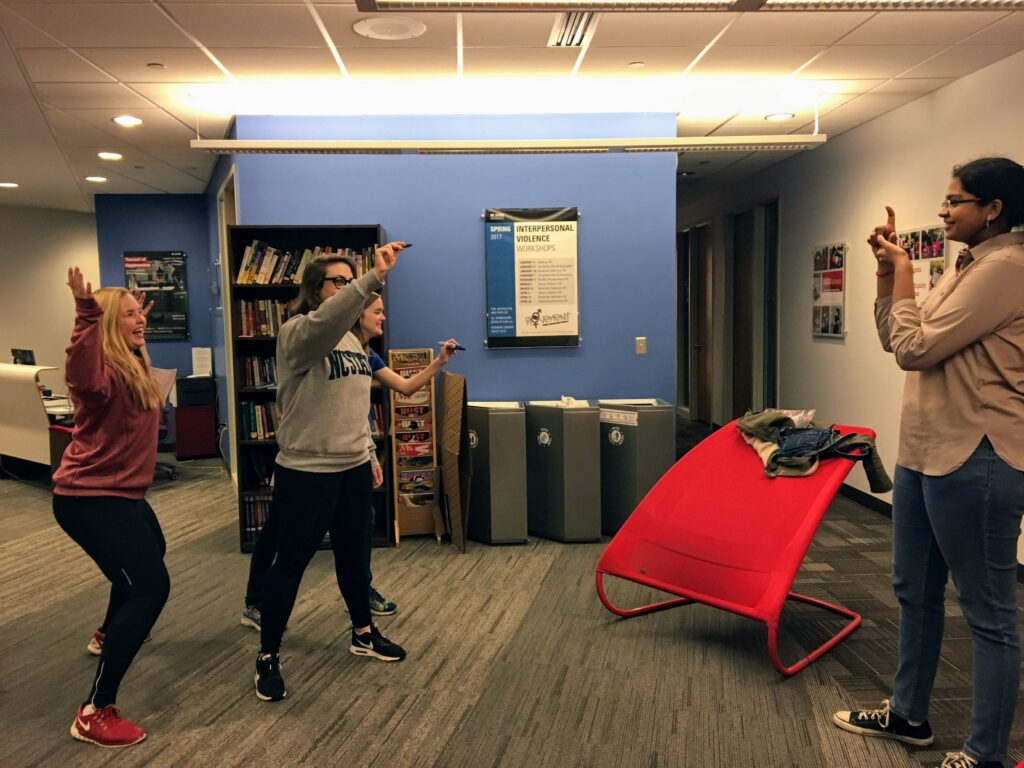
Thank you to arts outreach & engagement interns John Craven (senior), Robert Bagby, (senior), Chloe Haworth (junior)& Maya McCall (junior) for class research.
Our Curricular Connections Guide highlights meaningful, logical links between the substance of academic courses and the content of our events. Check out the archives page for past links.
Arts Outreach & Engagement contact
For more information on the Curricular Connections Guide, Arts NC State or engagement opportunities, email amy_sawyers-williams@ncsu.edu
What our faculty members say
Faculty who have used the Curricular Connections Guide share their experiences:
“This [the CCG] is a great way to integrate the arts into academic work, to foster a well-rounded education where art appreciation and the development of an artistic sensibility have a place regardless of majors, and to increase students’ awareness that their education has meaningful applications beyond the classroom walls and the confines of their academic fields of study.”
—Dr. Hélène Ducros, Lecturer, Interdisciplinary Studies
“Bringing students to the Gregg Museum has been one of the most rewarding experiences of my teaching career at NCSU. Invariably students who have been quiet in class seem to come out of their shells and find ways to engage with the Gregg’s amazing collection. Knowing that different students have different learning styles is quite different from seeing it in action before you as they open up and make connections that hadn’t been made before between theory and practice.”
—Anna Bigelow, Associate Professor, Department of Philosophy and Religious Studies
Click on Images for Past Guides
